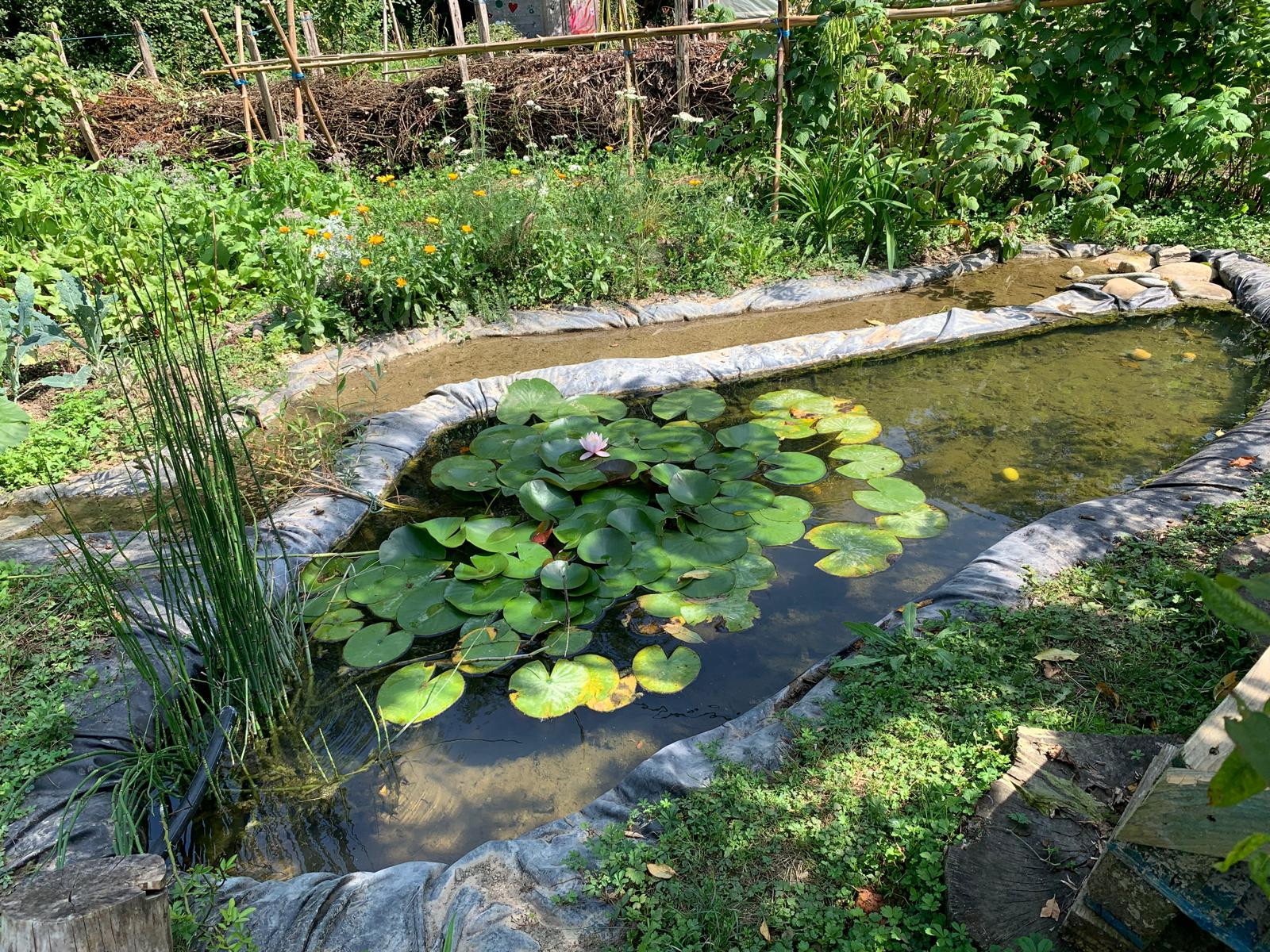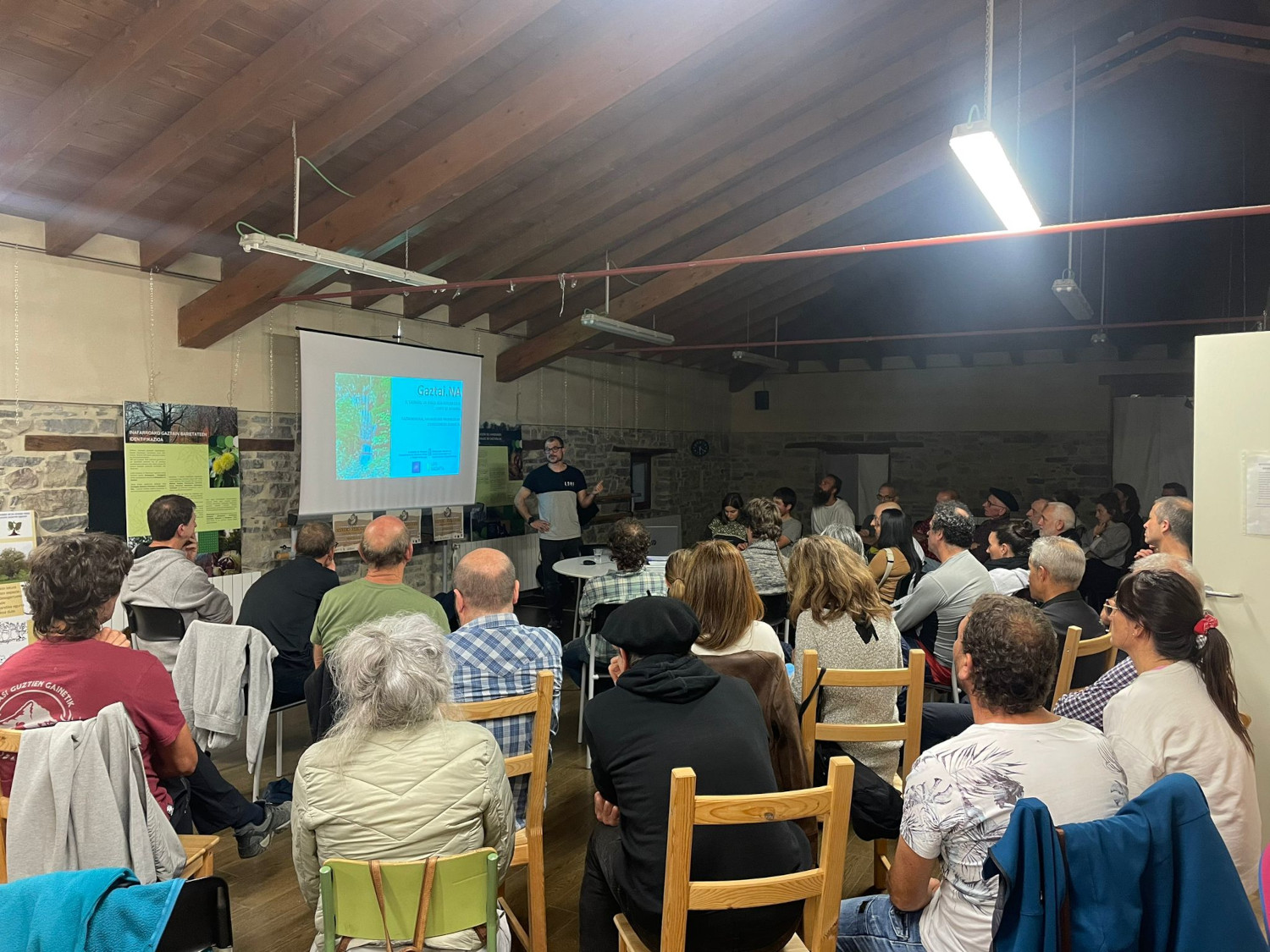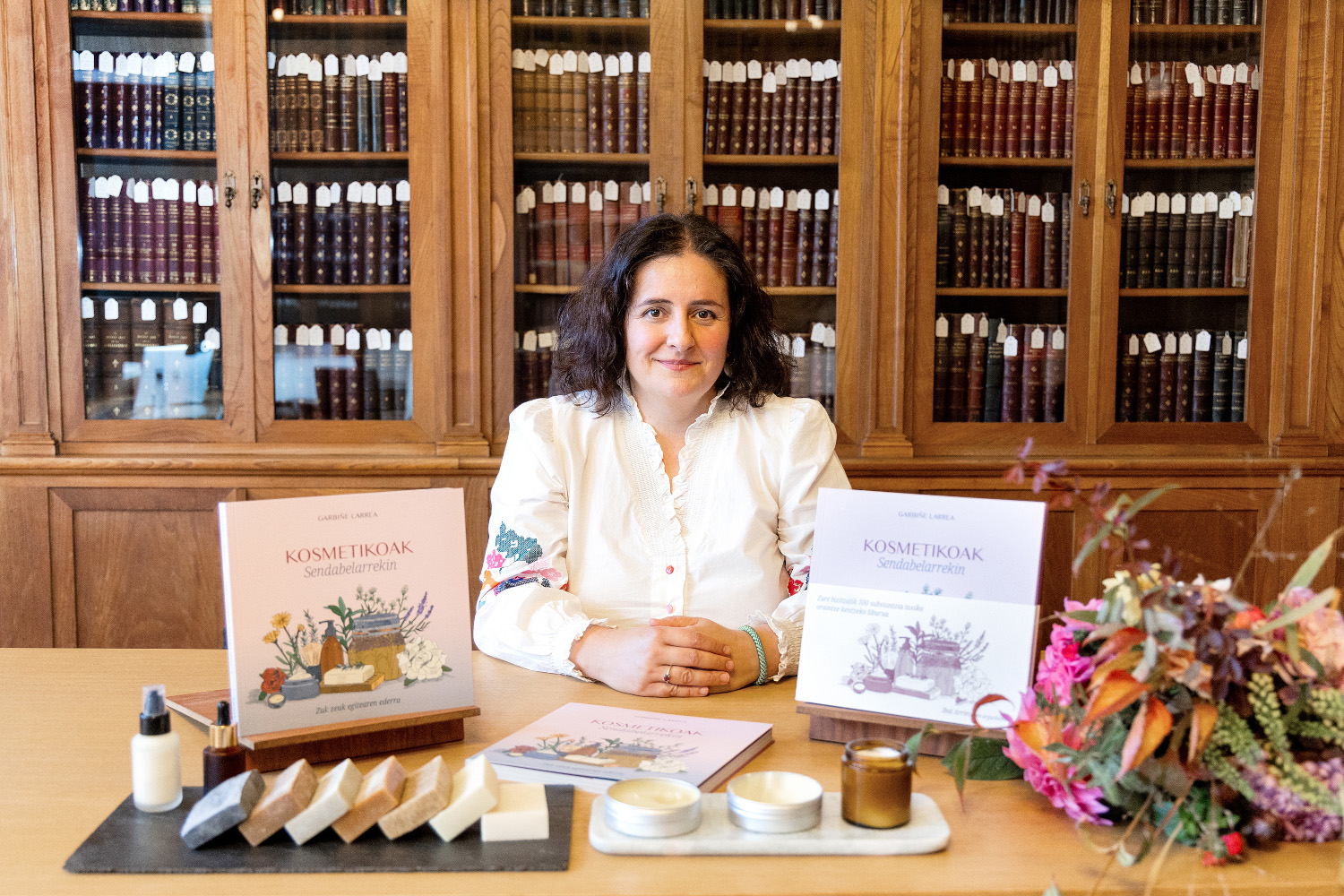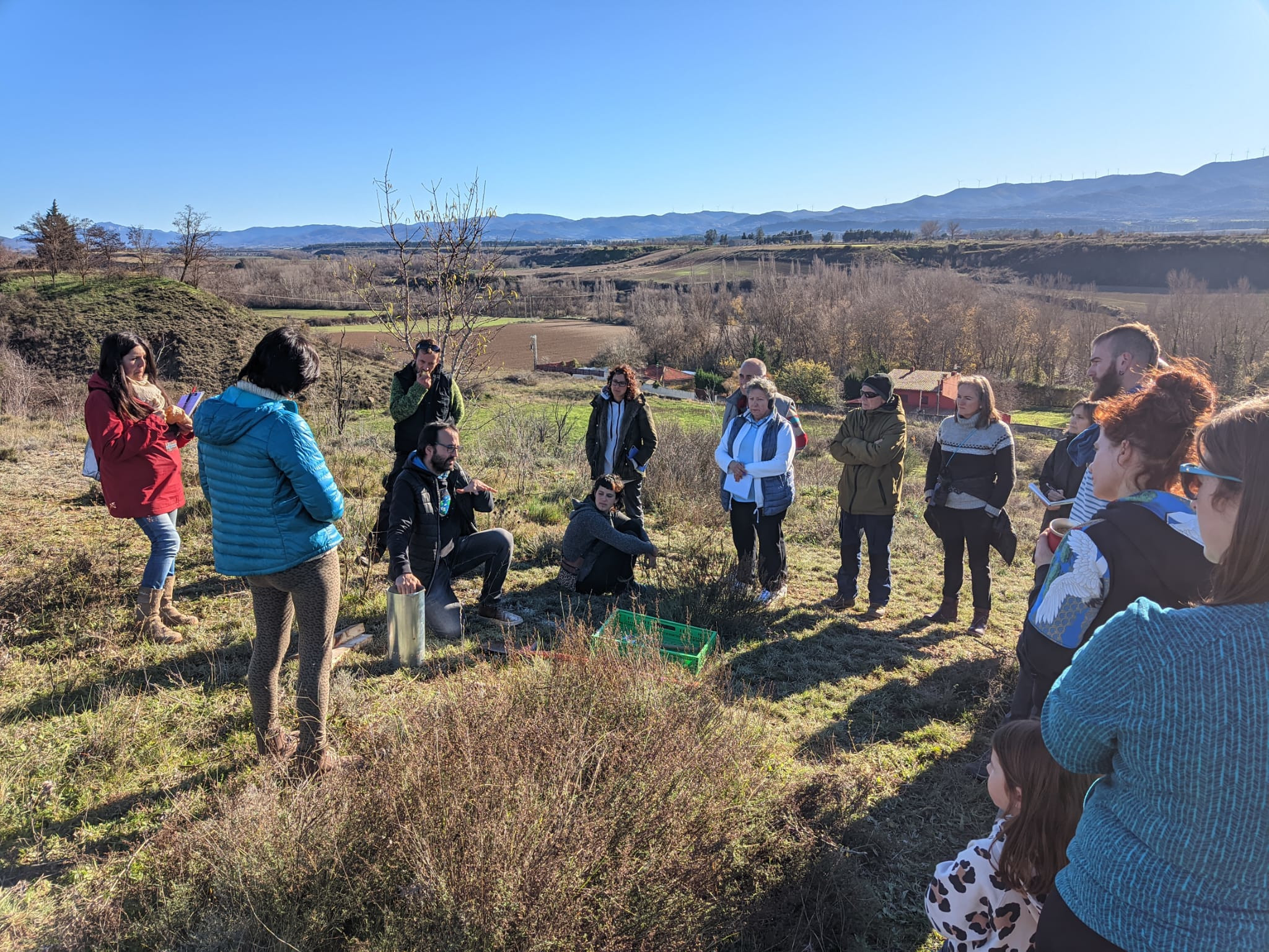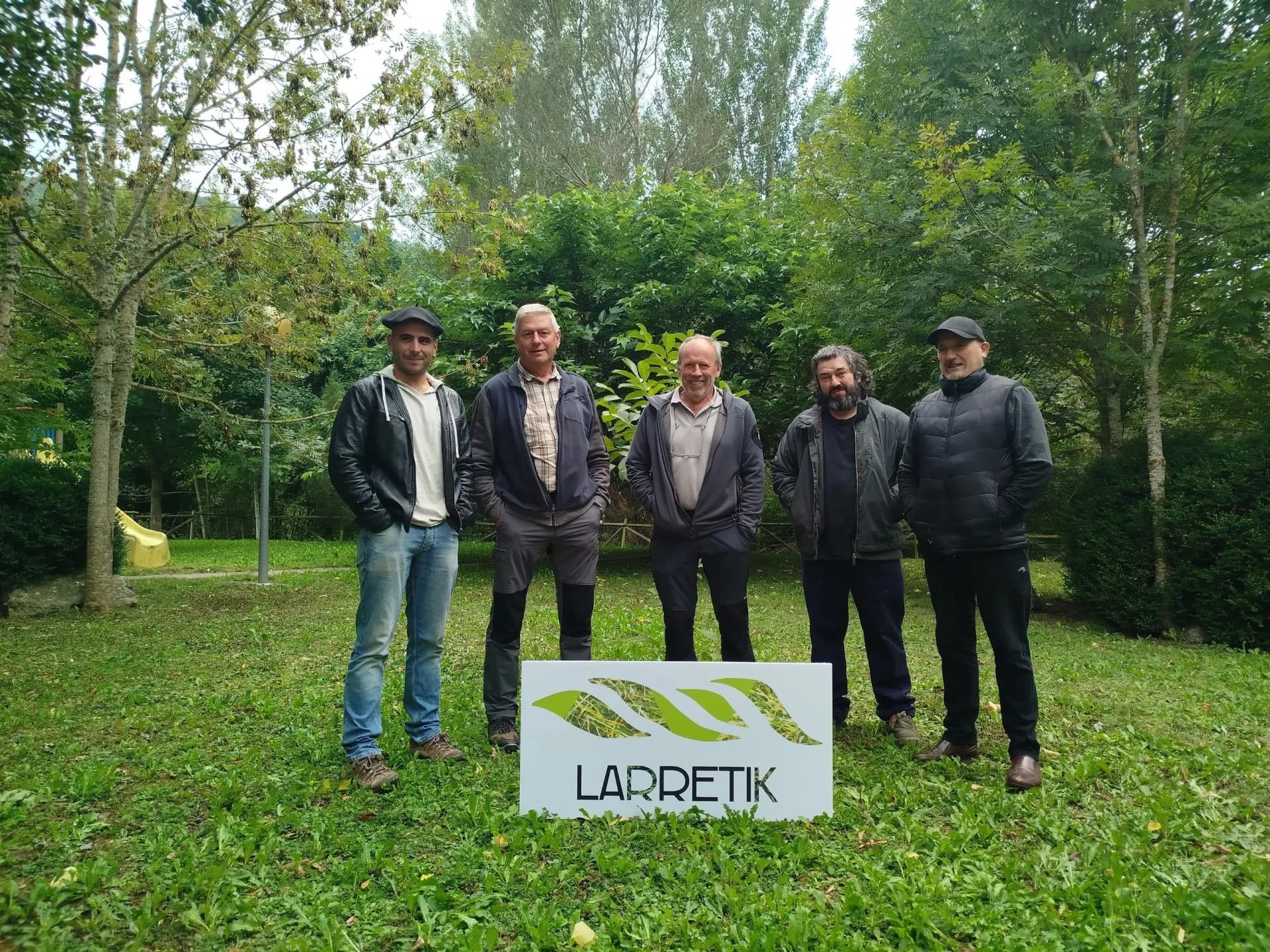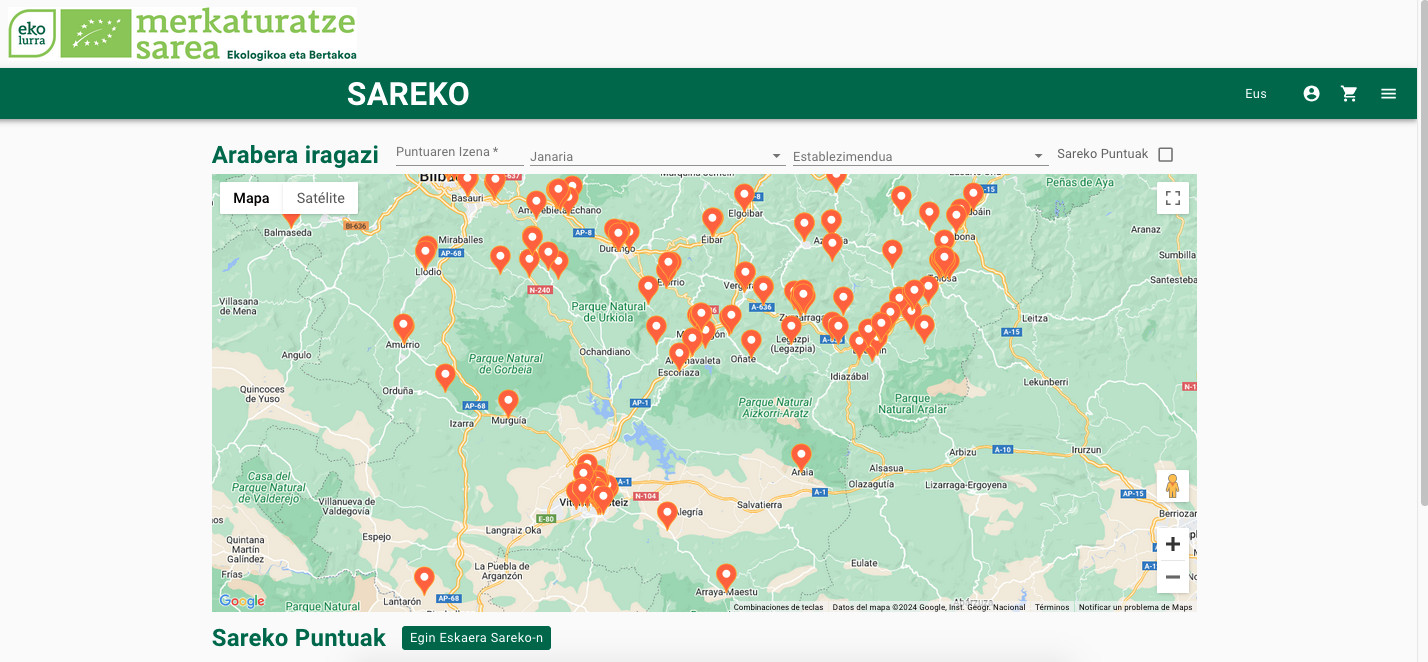Baserritarra bakers reliving old varieties of wheat
- The Hazitik Ogira project emerged last year from the collaboration between three villages in Gipuzkoa. The Irure Txiki and Solaka de Errezil and Sosola de Eibar, together with the Leartiker technology centre, are behind the initiative. What is the intention? Recovery, multiplication and introduction of bread in the traditional form of old indigenous wheat varieties. “This project is another way to value our bread and our work,” says Edurne Agirre of Irure Txiki.

Baker or baker? That was what Agirre was asked over and over again by the bakers of Brittany on their journey to Brittany with the baker of the Biolur Association. Most of the bakers were farmers at once and made their wheat. As seen there, Agirre felt eager to start producing wheat. “There they sowed the different varieties mixed, and we brought one of those mixtures here,” he recalls. Thanks to a grant, the three villages of the project rented land in Errezil and started making that wheat.
“Every year we have continued to make our wheat ever since. Shopping can come out almost more profitable, but we're talking about emotion, and so we go," he says. He says that with the whole bakery process in his hands, they have learned more about bread and have changed their gaze at the farmers. “We have realized the problems and difficulties they have, that in this activity things are not ‘I don’t like and ready’.” In the farmhouses they have stone mills to make flour, and in addition to their production, to complete the production they buy wheat to the farmers in the area. Before, they do, they do bread tests with samples to check the characteristics of each one of them and see which ones they are and which ones they do not.
Looking for the bread of yesteryear
“The old wheat varieties had little gluten and although the bread did not swell so much, they were better in taste,” according to Agirre. But what has happened to the bread industry in recent years? The types of flour with a high gluten content have been imposed, as the loaves are very proud. “We have always tried to use varieties that are not so modern because we are not interested in having breads with large quantities of gluten,” says the baker. Thus, Leartiker proposed a new challenge to the three project villages: Why not reclaim the indigenous varieties of yesteryear and make bread with them?
Through the Basque Institute of Agricultural Research and Development, Neiker, seven old varieties of wheat from Gipuzkoa were obtained, which for decades slept in a seed bank in Madrid. From each of them they gave them a handful of about 300 grams and sowed them in Neiker and in the dwellings to multiply them. The year has been bad and they have not been given everything they wanted, but at least they have got about three kilos in Sosola and about 12 in Neiker. “In November we will test these wheat and see what comes out of it,” Agirre said. The idea is to multiply each year and make more and more bread with them. “They will look like the bread of yesteryear!”












